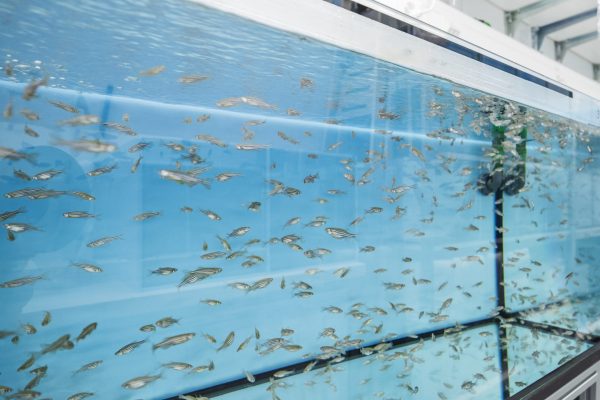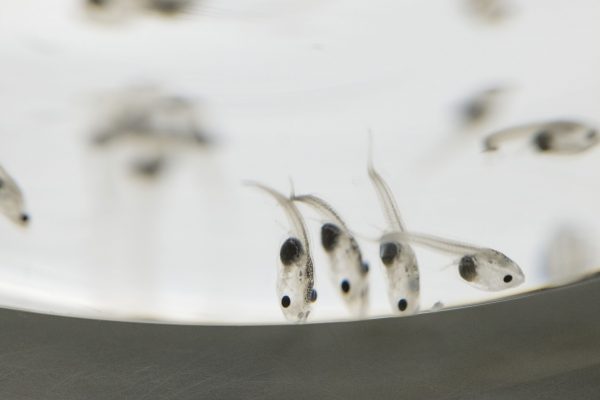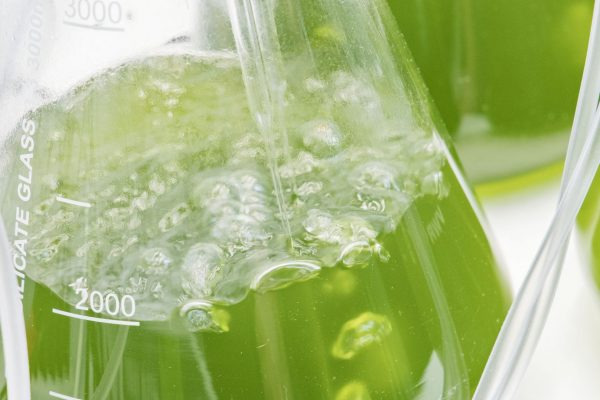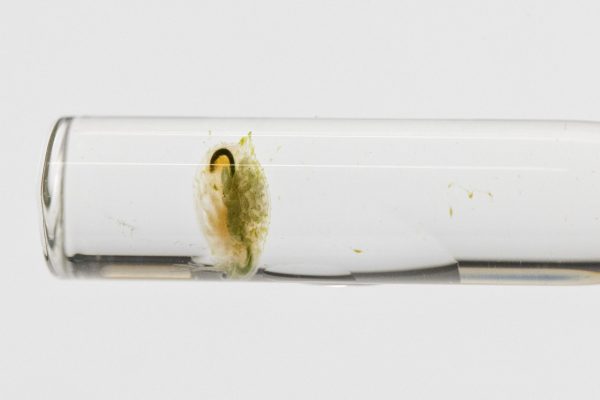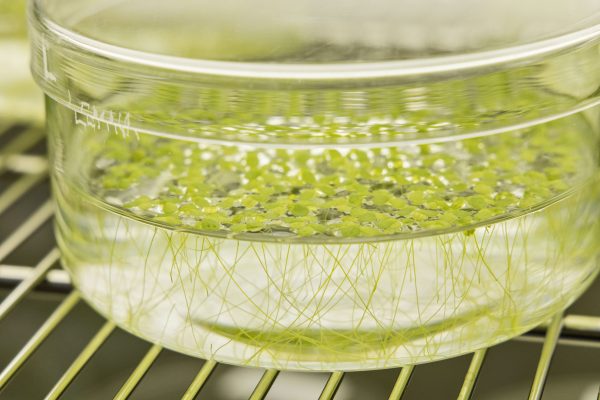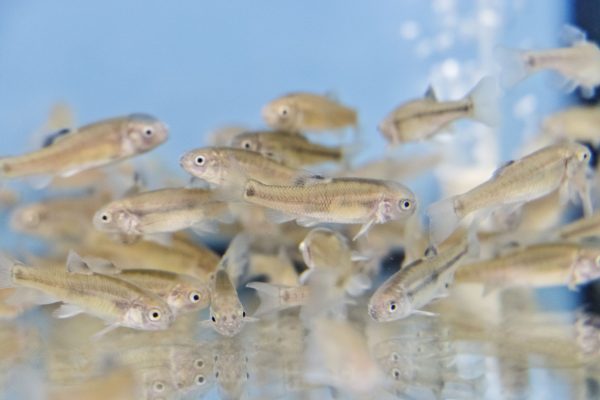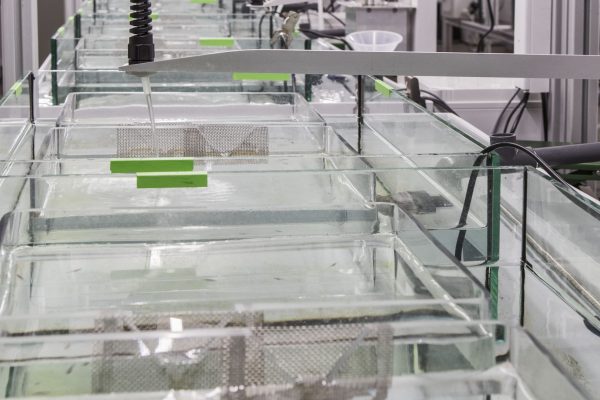Aquatic Ecotoxicology
We evaluate the effects of substances on aquatic ecosystems
Subsections menu
Our aquatic ecotoxicology testing portfolio consists of short-term algae, fish, and daphnia tests, chronic studies, as well as higher-tier studies, including endocrine disruption tests. Our team works with state-of-the-art equipment that allows us to safely handle and test even very difficult test items. Our studies meet the all main international criteria required for registration, with tests run according to OECD, EPA/OCSPP and JMAFF guidelines.
Acute and Chronic Studies
The aquatic ecotoxicology team has extensive scientific and technical experience required for the successful conduct of studies. Our study directors and technicians have up to 25 years and more of experience, and some of them have worked together as a team for almost as long. This gives stability and ensures that quality stays at the high levels we are proud to offer.
The ecotoxicology group also comprises the team of analytical chemists and technicians who support the aquatic ecotoxicology studies. Our analytics team routinely uses a wide range of analytical approaches and has ample experience in working with difficult substances.
Our aquatic ecotoxicology team perform both acute and chronic studies in:
- Green algae, diatoms and cyanobacteria
- Lemna and rooted aquatic plants such as Myriophyllum
- Daphnia
- Fish, including eggs and larvae (zebrafish, fathead minnow, rainbow trout)
- Amphibians (Xenopus tadpoles)
- Sediment organisms such as Chironomus and Lumbriculus
- Freshwater snails
- Microorganisms (bacterial toxicity)
- Also biodegradation tests in activated sludge are done by the aquatic ecotoxicology team
Higher Tier Testing
When a bespoke test design is required to refine the risk assessment for substances, we offer our clients the possibility to develop the study design together with IES scientists.
In-house Colonies
We have our own breeding facilities for algae, aquatic plants, daphnia, and zebrafish. Other species are acquired from professional suppliers.
Analytical support
Analytical chemists integrated to the Ecotoxicology department. They provide support for aquatic test media, sediment and application solutions analysis.
Endocrine Disruptor Studies
For substances that are suspected to have endocrine-disrupting potential, a set of tests must be conducted to investigate their effects on the environment.
Fish: zebrafish, fathead minnow, and Japanese medaka
- OECD 229, Fish Short-Term Reproduction Assay (FSTRA)
- OECD 230, 21-Day Fish Assay
- OECD 234, Fish Sexual Development Test (FSD)
- OECD 240, Medaka Extended One-generation Reproduction Test (MEOGRT)
Amphibians: African clawed frog (Xenopus laevis)
- OECD 248, Xenopus Eleutheroembryonic Thyroid Assay (XETA)
- OECD 231, Amphibian Metamorphosis Assay (AMA)
- OECD 241, Larval Amphibian Growth and Development Assay (LAGDA)
Invertebrates
- OECD 242, Potamopyrgus antipodarum Reproduction Test
- OECD 243, Lymnaea stagnalis Reproduction Test
Full Package
We offer the whole array of studies on aquatic organisms that is recommended by the OECD Revised Guidance Document 150 for evaluating chemicals for endocrine disruption, contributing to protection of the aquatic environment and our drinking water.
Flow-Through System
State-of-the-art equipment: flow-through systems for fish, daphnia, and plants, custom made entirely of inert materials – glass, stainless steel and Teflon – with automated dosing pumps.
Our individually developed systems guarantee optimal conditions for all species with no impact on reproduction rate, hatching, growth or vitality compared to a semi-static testing.
Flow-through can also be important to avoid stress for the fish that can happen due to repeated water exchanges in a semi-static test set-up.
Unstable Test Items
With a flow rate of up to 100 renewals/day for small vessels and 6 to 12 renewals/day for the large tanks, concentrations of rapidly degrading test items can be maintained stable.



